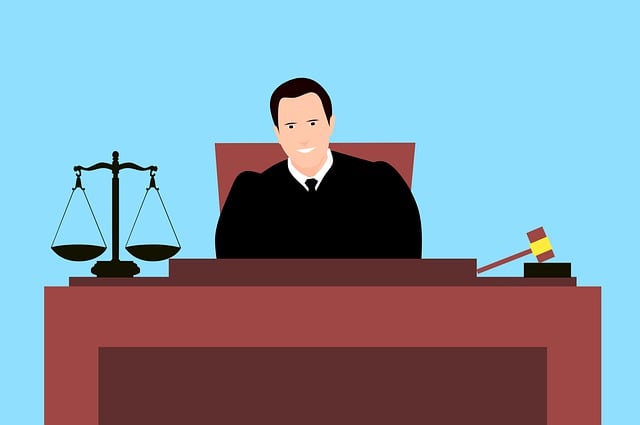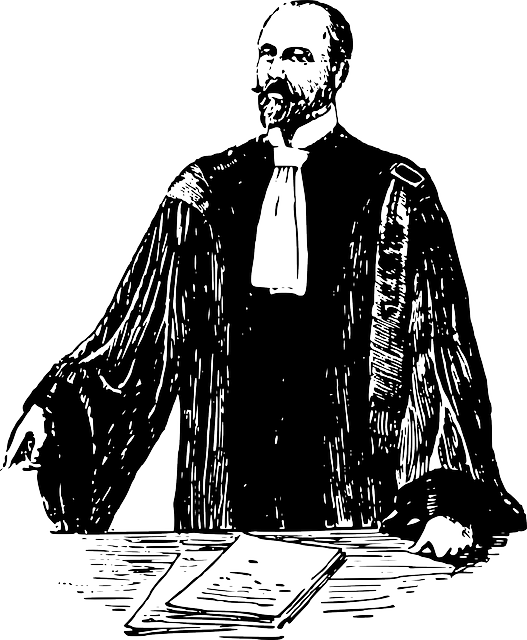Healthcare law firms act as guardians of ethical conduct within the medical industry, addressing prosecutorial misconduct and ethical violations to protect clients from criminal allegations. They guide healthcare providers through regulations and disputes, employing specialized white-collar defense attorneys to safeguard business integrity. When faced with misconduct, seeking their counsel is vital for navigating complex legalities, protecting rights, and achieving favorable outcomes.
In the intricate landscape of healthcare, legal expertise plays a pivotal role in ensuring ethical practices and patient welfare. This article explores the critical function of healthcare law firms, delving into their multifaceted responsibilities. We shed light on ‘prosecutorial misconduct’ – recognizing and combating unethical behaviors within the industry. Furthermore, it examines common ethical violations and their consequences, guiding readers through navigating legal recourse when faced with such misconduct. Key focus areas include understanding the dynamics of these issues and knowing when to seek professional assistance.
- Understanding Healthcare Law Firms: Their Role and Responsibilities
- Prosecutorial Misconduct: Recognizing and Addressing Unethical Practices
- Ethical Violations in Healthcare Law: Common Issues and Consequences
- Navigating Legal Recourse: When to Seek Help for Misconduct Cases
Understanding Healthcare Law Firms: Their Role and Responsibilities

Healthcare Law Firms play a pivotal role in navigating complex legal landscapes within the medical industry. Their primary responsibility is to ensure compliance with an extensive web of regulations and standards, including those related to patient privacy, consent forms, and insurance claims. These firms are crucial in guiding healthcare providers, facilities, and pharmaceutical companies through various legal issues, from licensing and regulatory matters to contract negotiations and disputes.
One of their key tasks involves addressing potential prosecutorial misconduct and ethical violations, which can significantly impact the medical community. By employing specialized attorneys with expertise in white-collar defense, these firms help clients avoid indictment and navigate jury trials related to fraud, embezzlement, or other criminal allegations. They ensure that business operations are conducted ethically, minimizing legal risks and maintaining the integrity of healthcare services.
Prosecutorial Misconduct: Recognizing and Addressing Unethical Practices

In the complex landscape of healthcare law, one of the most pressing issues is prosecutorial misconduct, which can take various forms and significantly impact clients’ rights. Ethical violations by prosecutors, such as withholding exculpatory evidence or making false statements, are not uncommon in high-stakes cases involving general criminal defense. Recognizing these practices is crucial to ensuring fairness and justice for all parties involved. Law firms specializing in healthcare law play a vital role in exposing and addressing unethical behaviors, protecting their clients’ interests, and achieving extraordinary results.
By staying vigilant and adhering to the highest ethical standards, these firms can navigate the intricate web of legal complexities and procedural rules. They scrutinize every detail, ensuring prosecutors adhere to their duties with integrity. This proactive approach not only safeguards against misconduct but also fosters a culture of transparency and accountability in the legal system, ultimately upholding the principles of justice for patients, healthcare providers, and institutions alike.
Ethical Violations in Healthcare Law: Common Issues and Consequences

Ethical violations in healthcare law can arise from a variety of sources, often involving complex issues that require careful navigation. One common area of concern is prosecutorial misconduct, where lawyers representing either healthcare providers or patients may engage in unfair tactics to gain an advantage. This can include withholding crucial evidence, making false statements, or using emotional appeals to sway jurors during jury trials. Such actions not only undermine the integrity of the legal process but can also have severe consequences for all parties involved.
The impact of these ethical violations extends far beyond the immediate case. They erode public trust in the healthcare system and legal profession as a whole. Across the country, instances of prosecutorial misconduct have led to settlements and penalties for law firms, with some even facing disbarment. It is crucial for both attorneys and their clients to maintain the highest ethical standards to ensure fairness and justice are served, preserving the integrity of the legal process and the healthcare landscape.
Navigating Legal Recourse: When to Seek Help for Misconduct Cases

When faced with potential misconduct cases, especially involving prosecutorial misconduct and ethical violations, it is crucial to know when to seek legal counsel. Many individuals and organizations may attempt to navigate these complex matters independently, but pursuing such cases without proper guidance can lead to adverse outcomes. The legal landscape surrounding misconduct claims is intricate and often requires a deep understanding of regulations and previous case laws.
Seeking help from experienced healthcare law firms is beneficial when the stakes are high, and the potential consequences could impact not just an individual’s rights but also the future of their practice or organization. Skilled attorneys specializing in these areas can provide strategic advice, ensuring that clients’ rights are protected and aiming for achieving extraordinary results, such as the complete dismissal of all charges. Their expertise enables them to navigate through legal labyrinths, uncover relevant facts, and present compelling arguments, ultimately advocating for their clients’ interests.
Healthcare law firms play a pivotal role in ensuring ethical practices within the industry. By understanding their responsibilities, we can better recognize and address prosecutorial misconduct and ethical violations. These issues, ranging from financial misdeeds to professional negligence, require immediate attention to protect patients and maintain public trust. Knowing when and how to seek legal recourse is crucial for holding healthcare professionals accountable. Through informed awareness and proactive measures, we can foster a more transparent and ethically sound healthcare landscape.






